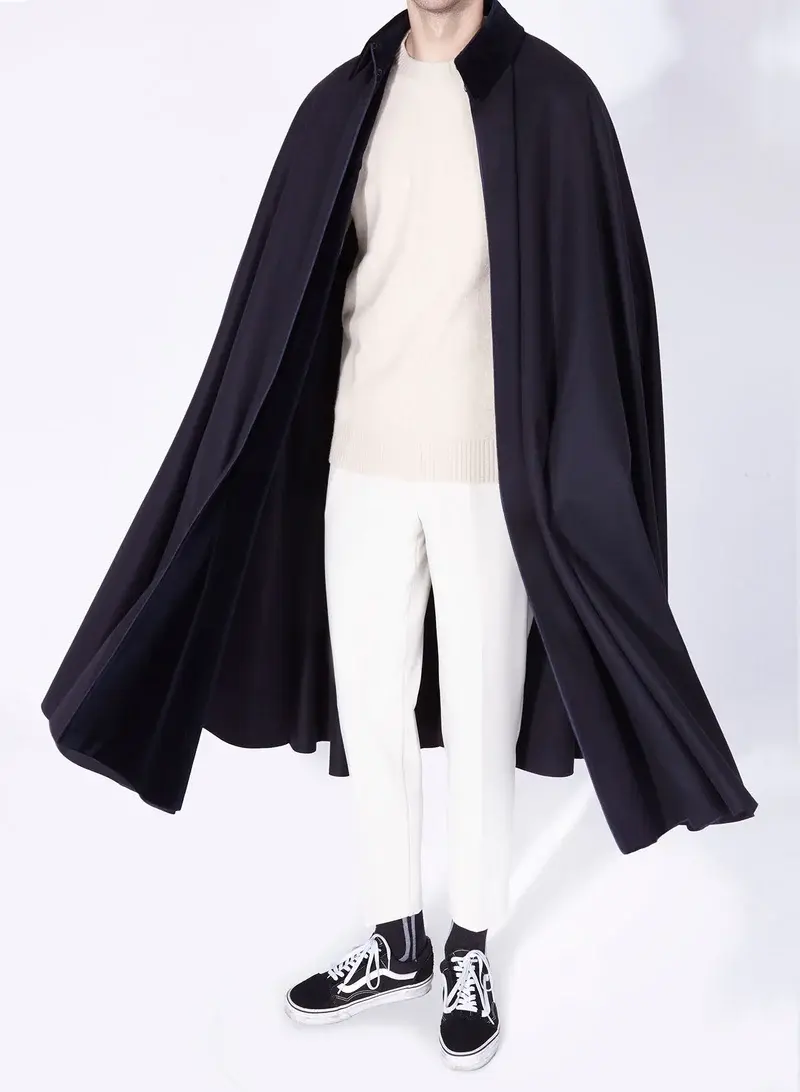Ask Lemmy
A Fediverse community for open-ended, thought provoking questions
Rules: (interactive)
1) Be nice and; have fun
Doxxing, trolling, sealioning, racism, and toxicity are not welcomed in AskLemmy. Remember what your mother said: if you can't say something nice, don't say anything at all. In addition, the site-wide Lemmy.world terms of service also apply here. Please familiarize yourself with them
2) All posts must end with a '?'
This is sort of like Jeopardy. Please phrase all post titles in the form of a proper question ending with ?
3) No spam
Please do not flood the community with nonsense. Actual suspected spammers will be banned on site. No astroturfing.
4) NSFW is okay, within reason
Just remember to tag posts with either a content warning or a [NSFW] tag. Overtly sexual posts are not allowed, please direct them to either [email protected] or [email protected].
NSFW comments should be restricted to posts tagged [NSFW].
5) This is not a support community.
It is not a place for 'how do I?', type questions.
If you have any questions regarding the site itself or would like to report a community, please direct them to Lemmy.world Support or email [email protected]. For other questions check our partnered communities list, or use the search function.
6) No US Politics.
Please don't post about current US Politics. If you need to do this, try [email protected] or [email protected]
Reminder: The terms of service apply here too.
Partnered Communities:
Logo design credit goes to: tubbadu
view the rest of the comments


There is a difference between saying something decreased, saying something is gone, and saying something is ubiquitous or not. Whenever I say they go against the grain in a certain setting, people keep pointing to famous examples of them, as if it's automatically a sign they don't go against the grain. The Greeks and Romans made it standard wear for every officer, which is partially opposed to people post-Rome who lived in the area of Rome and much more as opposed to a place which might have individuals wearing them but where this would be spontaneous and not reflect expectations. Nobody in China, India, even America is going to ask "where is your cape" to someone. Something showing up does not make it expected.
A cape was standard wear for every soldier in the civil war.
"A typical Union soldier uniform during the Civil War consisted of:
light blue pants
blue overcoat with a cape
dark blue jacket
heavy shoes
woolen sock
a cap called a kepi
gray woolen shirt
knapsack"
https://www.civilwaracademy.com/civil-war-uniform#google_vignette
No one does now because modern textiles made the cape unnecessary. Capes were standard wear for thousands of years before Greeks and Romans. https://en.natmus.dk/historical-knowledge/historical-themes/the-fur-trail/fur-in-prehistory/#:~:text=4%2D6%20sheepskins%20were%20used,distinctive%20holes%20from%20a%20seam.
Hence I said "officers".
Soldiers includes officers. I previously linked US Grant with his trademark cape. Having all soldiers with a cape is even more widespread than just officers despite your claim that it became less popular after Rome fell apart.
Google shows a cape was standard into WW1 and was also standard for WW1 nurses.
It wasn't just military. Capes were regular fashion in the 19th century. https://en.m.wikipedia.org/wiki/Inverness_cape
Capes were common among many Native American tribes.
Capes were also common in China. https://www.newhanfu.com/2334.html
Yes, but I was talking about actual, run of the mill officers. People here are quick to side with the technicalities, the cape shown in the first link just now is never what I would have any reason to think of. And again, I'm not talking about the "occasional" examples. Nobody is going to conjure that image when thinking of Chinese culture. "Well there was that one thing" is not speaking stereotypically.
I already explained twice that it was actual run of the mill officers that had capes. And regular soldiers too. Given your claim that capes were only for officers in Rome, capes were much more common in the late 19th century than during the height of Rome.
Everyone wore capes. Every soldier. Every nurse. Regular people going out the city. I linked it once and I'll link it again. https://en.m.wikipedia.org/wiki/Inverness_cape https://en.m.wikipedia.org/wiki/Ulster_coat https://www.loc.gov/resource/anrc.18372/ https://onlinemilitaria.net/products/6349-british-and-canadian-wwi-rain-cape/ https://www.alamy.com/stock-photo/capes-of-europe.html?blackwhite=1&sortBy=relevant
That you personally don't imagine Chinese wearing capes, doesn't mean it wasn't typical dress. https://thehanfustory.com/collections/capes-cloaks
Well this would all be news to me if it's true, and I'm not what could be considerably out of the loop.
If it's true??? I linked twice to the wiki article on the Inverness cape. Read it. Capes were a big fashion trend in the late 19th century that went into the early 20th.
As to civil war soldiers, watch Ken Burns Civil War series. It's filled with original photos. You can clearly see the standard issue cape that was part of their uniform in many photos.
https://googlethatforyou.com?q=civil%20war%20cape
Or just watch Gone with the Wind. https://www.pinterest.com/pin/grey-cape-custom-made-for-clark-gable-as-rhett-butler-in-gone-with-the-wind-1939--185703184610650258/
https://www.etsy.com/listing/1263370340/gone-with-the-wind-cape-made-in-the-usa